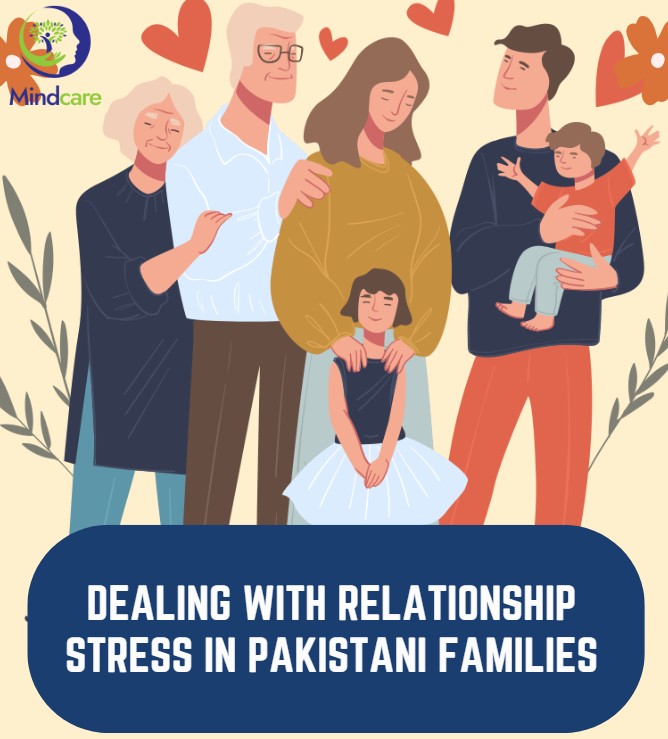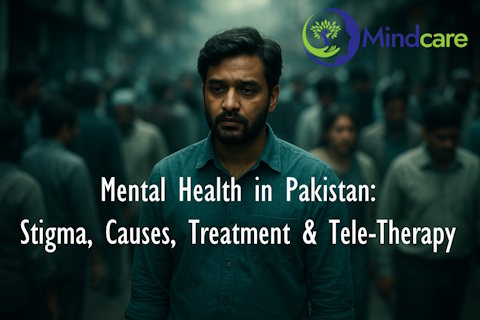Dealing with Relationship Stress in Pakistani Families
Understanding Relationship Stress in Pakistani Families
Relationship stress is a common issue that affects families across Pakistan, stemming from cultural expectations, financial pressures, joint family dynamics, and communication challenges. While stress is normal in any relationship, prolonged tension can affect mental health, emotional well-being, and overall family harmony.
Common Sources of Family Stress
1. Financial Pressures
Economic challenges, debts, and job insecurity can create tension between spouses and extended family members. Money-related disagreements are among the most common triggers of family stress in Pakistan.
2. Joint Family Dynamics
Living in a joint family can provide support but may also lead to conflicts over privacy, household responsibilities, parenting, and differing opinions between generations.
3. Cultural Expectations
Social pressure to maintain family honor, adhere to traditions, and meet societal expectations can create internal conflict, especially for younger generations trying to balance modern lifestyles with cultural norms.
4. Communication Breakdowns
Misunderstandings, lack of emotional expression, or avoidance of difficult conversations can intensify family stress. Open and respectful communication is often challenging due to cultural norms around hierarchy and respect.
Practical Steps to Manage Relationship Stress
- Active Listening: Pay attention to your partner or family member without interrupting. Reflect back what you hear to ensure understanding.
- Set Healthy Boundaries: Clearly define personal space, responsibilities, and expectations to avoid unnecessary conflicts.
- Shared Problem-Solving: Work together to find solutions to common stressors rather than blaming each other.
- Stress-Reduction Techniques: Incorporate mindfulness, relaxation exercises, and hobbies to reduce tension.
- Seek Counseling: Professional therapy can provide a safe space to explore issues, learn communication strategies, and resolve conflicts.
When to Seek Professional Help
Consider reaching out to a therapist if family stress leads to:
- Constant arguments or tension in the household,
- Emotional withdrawal or feelings of isolation,
- Impact on work, school, or daily functioning, or
- Thoughts of harming yourself or others.
Early intervention can prevent escalation and improve overall family dynamics. MindCare provides confidential therapy tailored to Pakistani families experiencing relationship stress. Learn more about our Stress Management Therapy and Anger Management Therapy services.
Building Stronger Relationships
Improving family relationships requires patience, empathy, and consistent effort. By recognizing stress triggers, improving communication, and seeking support when needed, families in Pakistan can foster healthier, more resilient bonds.
Conclusion
Relationship stress is a natural part of family life, but it doesn’t have to dominate your home. With practical strategies, supportive communication, and professional guidance when necessary, Pakistani families can navigate challenges and strengthen their relationships. MindCare is here to help you take the first step toward a calmer and more harmonious family life.





